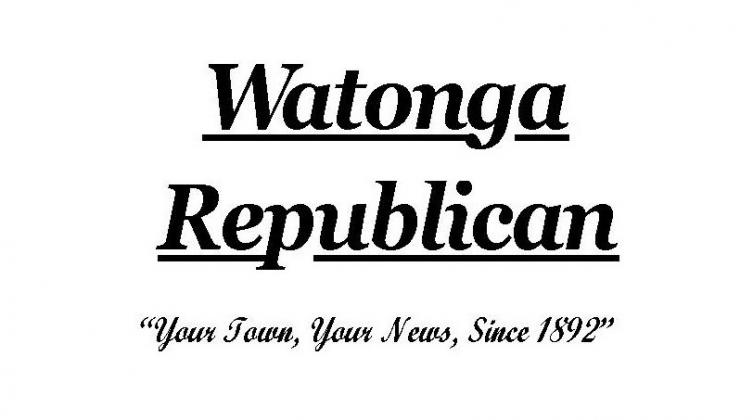Watonga City Council met in regular session Sept. 15 with some heavy matters on its agenda.
After approving the consent agenda, including the financial report from RS Meacham, which showed the city’s conservative budgeting strategy was keeping it on an even keel, council moved on to the more contentious matters.
Resident Linda Wyatt, who said she has lived in Watonga her entire 62 years, wanted to know what the council intended to do about the deterioration of roads on the east side of town, why it intended to spend money on the stop light at the four-way and how it planned to pay for improvements at Mercy Hospital.
In her opinion, the light could wait until after the first of the year, because no one knew what the situation with the casino south of town would be until then. She was more concerned about the lack of jobs and empty buildings around town. Money for the hospital could instead be diverted to the care of Coronavirus patients. Council, she said, did not seem to care about the town because it was not doing much to bring in new businesses.
Council member Allen Cowan explained to Wyatt the city has recently changed form of government from council-mayor to council-manager and things were changing.
“But it didn’t get this way in six months, it isn’t going to turn around in six months,” he said. Council member Bill Seitter also explained that money in the various dedicated funds – such as the one for the hospital sales tax – could not be used for other purposes.
Wyatt seemed to accept the answers, but indicated she wanted to learn more about how the city government worked and made plans to contact City Manager Larry Mitchell and Seitter for more information, as well as promising to continue attending city council meetings.
When the council, meeting as the public works authority, took on the bid for a CT building at Mercy Hospital, things were not so easily clarified.
The project manager, Chad Rounge, who works for Mercy, had given the council what he described as a ‘gut feeling’ on the costs, about $200,000 or less. When the bids came in, they were in the $363,000 range. The electrical portion alone was more than $158,000.
Rounge and hospital administrator Bobby Stitt explained that the costs were tied directly to requirements from the Oklahoma State Department of Health. That, however, did not dissuade council and Mitchell from asking for a more complete breakdown of what the bid entailed, including a complete set of plans and a bill of materials. Cowan wondered if the project should be rebid. Rounge said the council was free to do so, but companies that bid had to have worked on a medical facility previously in order to make sure they could comply with sanitation policies inside the building where they would be remodeling a patient room into an ADA-compliant bathroom.
In the end, the council tabled the request for bid approval until it had more information on the bid and what was included. It tabled a resolution on behind-the-meter power generation, aimed at those who install solar or wind power generation in their homes or businesses, because while it detailed the cost of tying to the city grid to purchase any additional power needed, it did not outline the process for the city to purchase power the system might generate in excess of its needs.
Connie Burcham can be reached at Editor@WatongaRepublican.com

